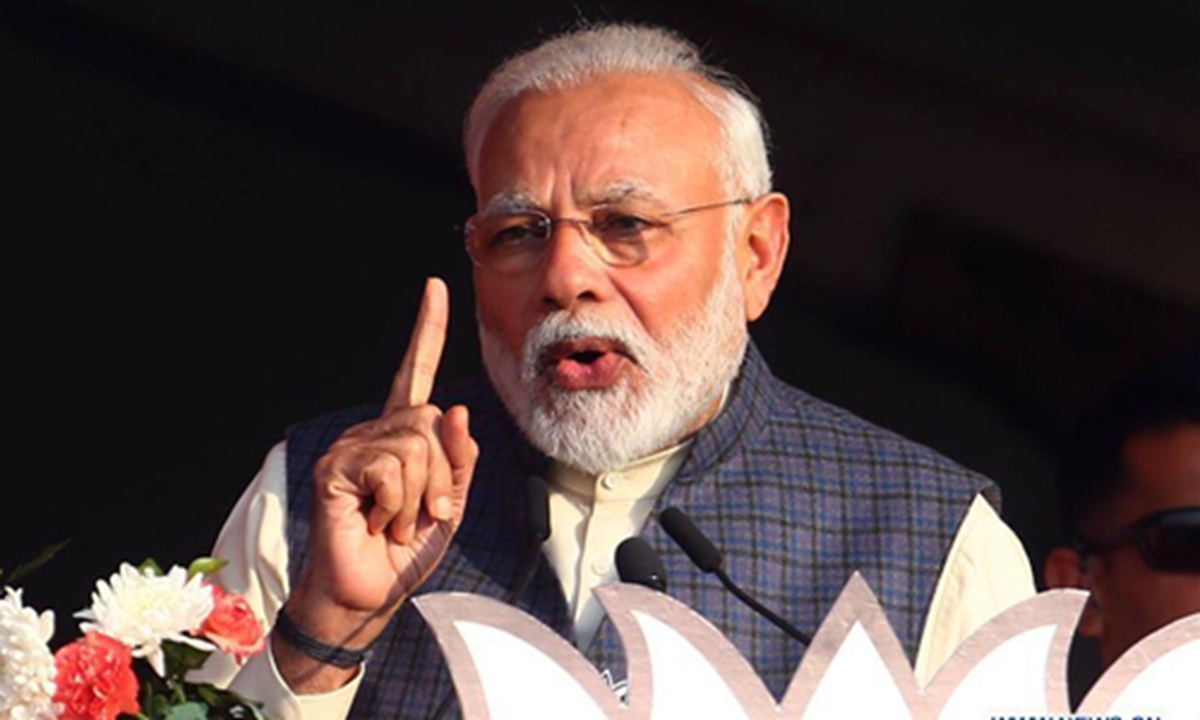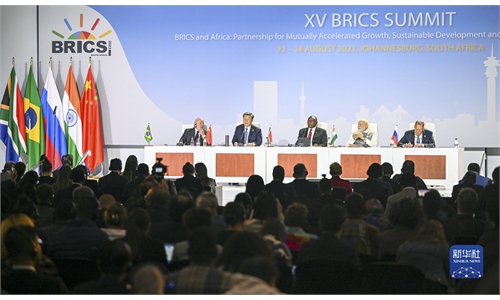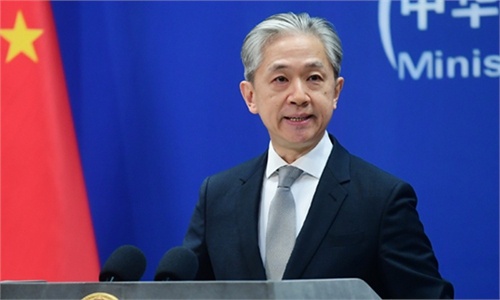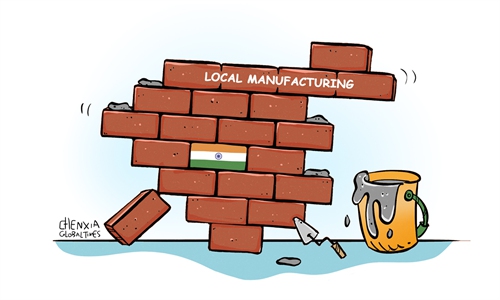
Indian Prime Minister Narendra Modi Photo: Xinhua
Is it India or Bharat? On Wednesday, many people were confused about what was going on. As New Delhi gears up to host the Group of 20 leaders this week, media reports said Droupadi Murmu's reference to herself as the "President of Bharat" in a dinner invitation, instead of "President of India," triggered a controversy. At a time when global attention is focused on the upcoming G20 summit, what does New Delhi want to express to the world?When India assumed the G20 presidency in December 2022, Prime Minister Narendra Modi was quoted by media reports as saying that India's year-long G20 presidency will be "inclusive, ambitious, decisive and action-oriented." Clearly, India wants to use its G20 presidency to enhance the country's international influence.
India is one of the fastest-growing economies in the world and is poised to continue on this path. The country has overtaken the UK to become the world's fifth-largest economy, and it aims to become third-largest in the foreseeable future.
Undoubtedly, India has gained growing world attention. No matter what message India wants to send to the outside world through its G20 presidency, it will gain more weight and more people will pay attention to what India wants to say. Hopefully India can make good use of the increasing global attention it's getting, and turn this influence into a driving force for growth.
The Associated Press reported on Tuesday that some officials in Modi's party have demanded the country be called Bharat instead of India, as they argue that the name India "was introduced by British colonials and is a symbol of slavery," and therefore, a name change reflects an effort to eliminate what it sees as colonial-era names.
The Indian people have the freedom to call their country whatever they want. However, a name is not the most important thing. What matters is whether India can comprehensively reform its economic system, which can be traced back to before 1947 when the nation became independent. This is the key to India's economic takeoff, and improving India's influence on the international stage. Without revolutionary reform, India cannot achieve revolutionary development.
The Modi administration has been one of the most ambitious governments in India in terms of economic reforms since 1991, when India started major reforms to liberalize its economy. Unfortunately, India is increasingly shifting toward trade protectionism. Some of its previous reform measures have also stalled.
India's hesitancy in fully opening up its markets to the world is understandable, but post-1947 history tells us that every time India promotes reform and economic liberalization, it brings strong impetus to economic growth.
Since the launch of the "Make in India" initiative by the Modi administration in 2014, there has been a lot of discussion about how to make India a manufacturing superpower. A key step to achieve the goal is further liberalizing its foreign direct investment rules and providing an open, fair and non-discriminatory investment environment for companies from all over the world, including China.
India's recent strict crackdown on some Chinese companies is connected with rising nationalism and populism in the country. This situation will inevitably undermine investors' confidence in India.
India assumed the G20 Presidency in December 2022 from Indonesia, and will convene the G20 Leaders' Summit for the first time in India in the coming days. Now, India should use the G20 presidency to demonstrate its determination to reform its economy, expand its openness, attract foreign investment, and provide a fair business environment for foreign investors - and also gradually implement these measures. These are all more important than whether to change the country's name.



